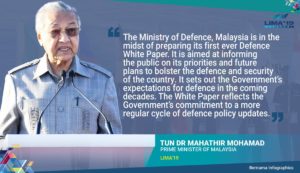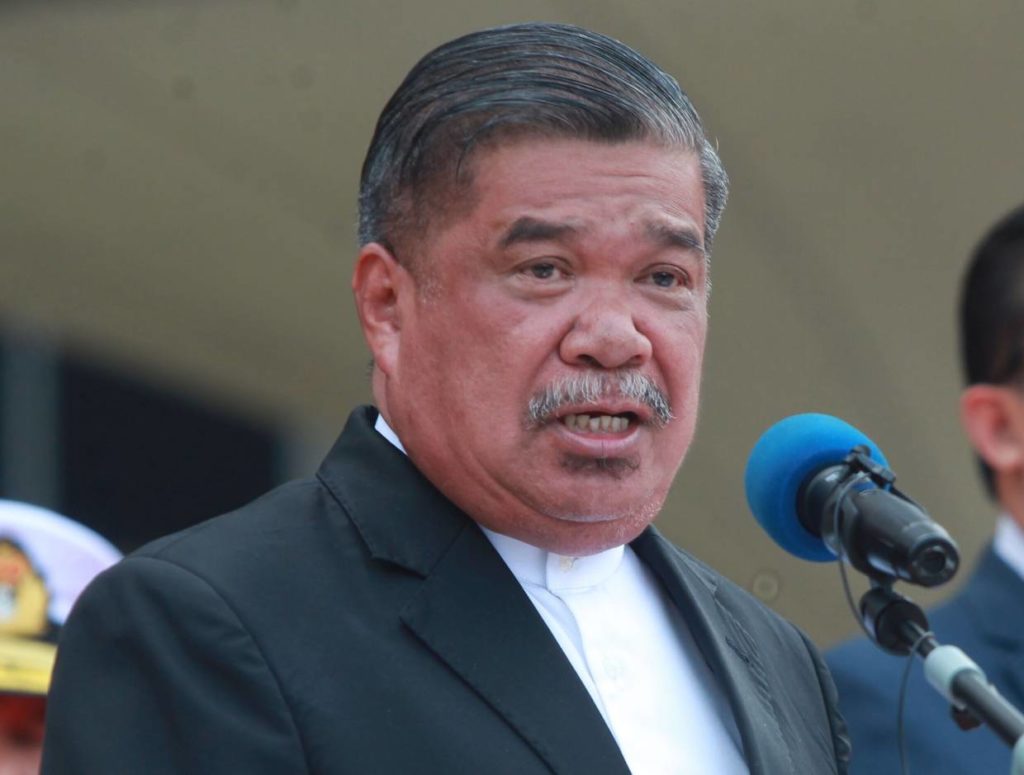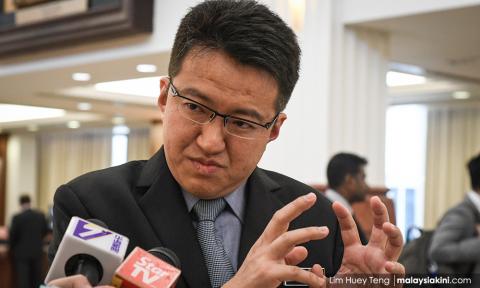Supporting the Malaysian Defence White Paper
By Datuk Dr Ruhanie Ahmad
August 30, 2019 @ 12:07am
Published on New Straits Times
THE Malaysian Armed Forces (MAF) plays a vital role to deter war and preserve peace in the interest of the country’s sovereignty, territorial integrity and independence; as well as the well-being of citizens and the economy.
Hence, one month after independence, Tunku Abdul Rahman Putra Al-Haj, our first prime minister, took a strategic move to sign the Anglo-Malaya Defence Agreement with the British.
This enabled Malaya to obtain a “security umbrella” from the British against the Malayan Communist Party (MCP) insurgency, while our security and defence forces were at the formative stage.
Since AMDA caused downsizing of the British army, Tunku Abdul Rahman formed local defence forces and national service to supplement Malaya’s security forces in the post-independence era.
The above demonstrates the significance of the MAF and other security agencies to Malaya during the MCP insurgency, the Vietnam War, and the Cold War era.
AMDA was abolished in 1967; the Vietnam War ended in 1973; the MCP abandoned their armed struggle through a peace accord with the Malaysian and Thai governments in 1989; and the Cold War was over in 1990.
These developments did not affect the MAF and its personnel in the Army, the Royal Malaysian Navy and the Royal Malaysian Air Force in the post-Cold War era.
Instead, the current security outlook requires MAF to deal with new challenges, risks and threats, including terrorism, cyberwarfare and big-power geopolitics.
Additionally, Malaysian waters in the present era, particularly the Straits of Malacca and the South China Sea, have become very strategic to international trade and geopolitics.
The Straits of Malacca is now the world’s busiest waterway which bridges the Indian Ocean and Pacific Ocean through the Straits of Singapore; and the South China Sea is the hottest geopolitical hub in the Asia-Pacific.
Therefore, MAF has to upgrade its readiness in managing “war theatres” in Peninsular Malaysia, Sabah and Sarawak, by optimising the professionalism of its “men”, the capability of its “machines”, the durability of its cyber ecosystem, and the effectiveness of its “methods”.
In other words, MAF is now very focused on re-evaluating its priorities, shaping its future force, recalibrating its equipment and reformulating its strategies.
It also has to enhance defence diplomacy and international engagements; and increase participation in regional security and global peace in the post-Cold War period.
Related to the above, the government is expected to table Malaysia’s first Defence White Paper (DWP) in Parliament this October, “aimed at informing the public of its priorities and future plans to bolster the defence and security of the country”.
Prime Minister Tun Dr Mahathir Mohamad said on March 27 that the DWP, which would “set out the government’s expectations for defence in the coming decades, also represents a strategic outlook on defence”.

“It is also a preview of the core elements of the country’s defence strategy which list the strategic interests of national defence and security — the framework within which defence and security issues exist.”
Hence, the DWP is a significant contribution to the Malaysian defence landscape, providing “a clear description of the role of every agency, organisation and people in the effort to maintain national security”.

Defence Minister Mohamad Sabu said in May the DWP would shape the direction of Malaysia’s defence policies and systems for the next 10 years.
His deputy Liew Chin Tong said in October last year the ministry would apply the ‘whole-of-government’ and the ‘whole-of-society’ approach in formulating the DWP so that “all levels of society will understand their importance, and take joint responsibility”.

At the most basic level, the DWP lays out “a comprehensive long-term plan for the nation’s defence, [while] at the deeper level, it outlines the nation’s defence strategy, capability plans and funding requirements”.
Equally important, the DWP aspires to transform and modernise the MAF, uplift the capability of its “machines” through sufficient annual budgets, and improve the well-being of personnel and veterans.
It is also said to reform Mindef’s procurements’ standard operating procedure based on the principles of “integrity, accountability, transparency and good governance” advocated by the government.
Hence, it is imperative for us to defend the MAF roles in ensuring our relative peace, tranquillity and prosperity; give our support to the DWP; and never ever take Malaysia’s security and defence for granted.
The writer is a student of strategic and security studies, and was a member of parliament for Parit Sulong, Johor, 1990-2003


